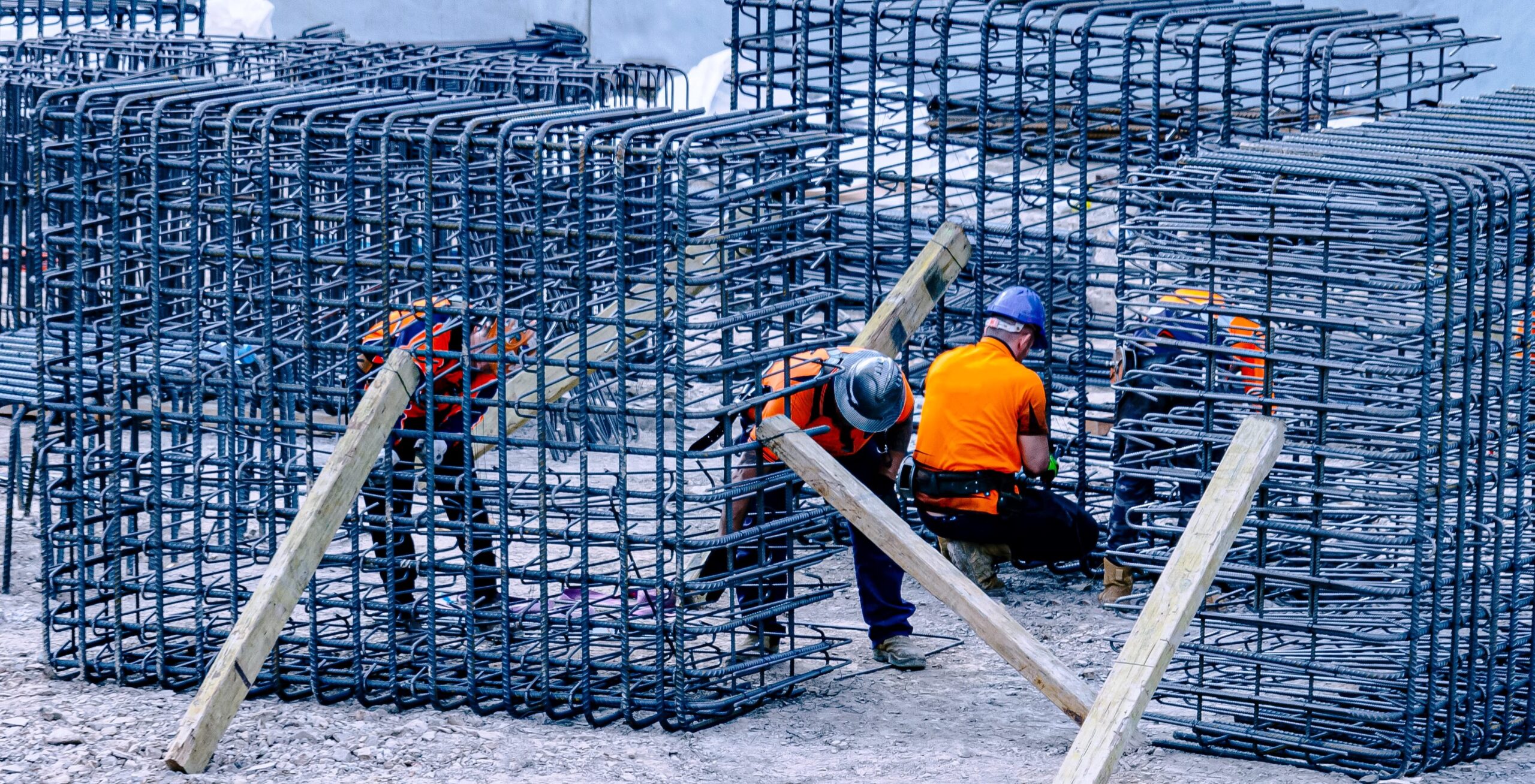The paralysis in the construction of infrastructures and the decline in the construction of homes has led the variation in cement consumption in Catalonia to negative figures. The market is falling both in June (-8.7%), and in the first half of 2023 (-5.3%) and in the interannual index (-1%). The lack of execution of public works together with the decline in the real estate market (in Barcelona it has plummeted 69% in the last year) place the Catalan cement industry in a difficult situation, currently immersed in the application of the different measures contained in the Roadmap of the Catalan cement industry to achieve climate neutrality by 2050.
The declines registered in the market hinder the investments to which the sector has committed to decarbonate. Particularly, in what refers to the capture of CO2. Salvador Fernández Capo, president of the Ciment Català employers’ association, explains that “the industry needs the determined support of public administrations both for CO2 storage, which is essential today as long as no new uses are found for the captured gas, and to speed up and make more efficient the administrative procedures necessary to start up the technological processes and capture facilities, so that they are in line with the goal of zero carbon footprint.”
Despite everything, this general context of negative results for the sector is counterpointed by the improvement in exports, which are up in all time indicators. The reduction in the costs of electrical energy has helped Catalan companies to regain international competitiveness, which helps to alleviate, in part, the harmful consequences of the slackness of the domestic market.

